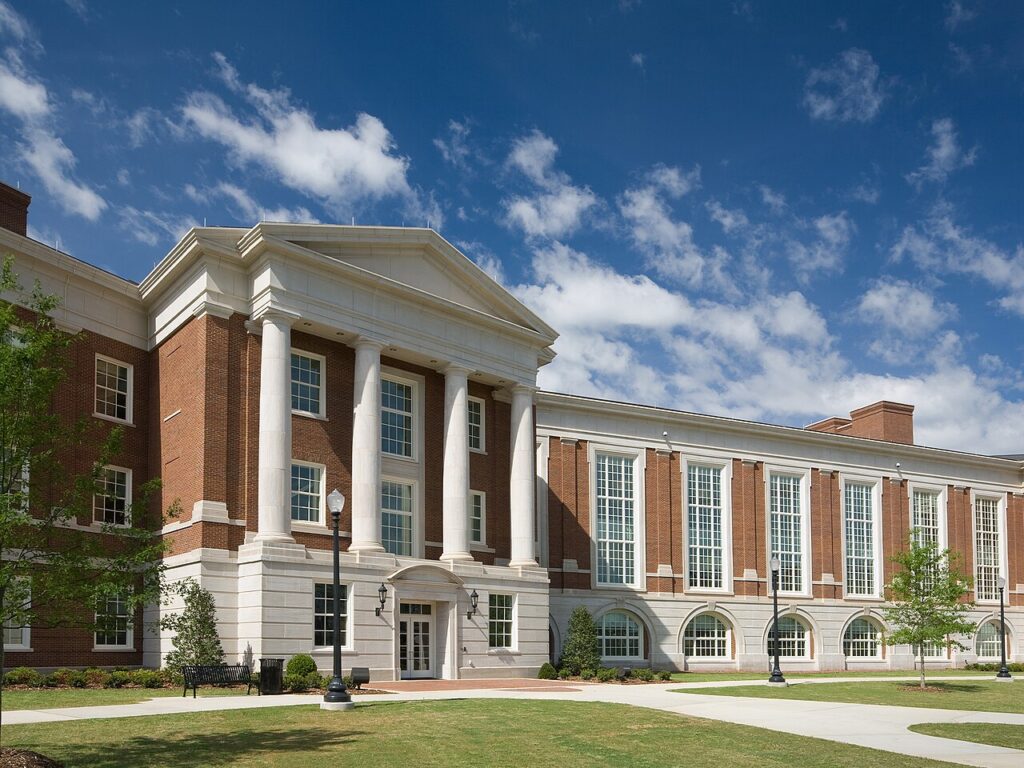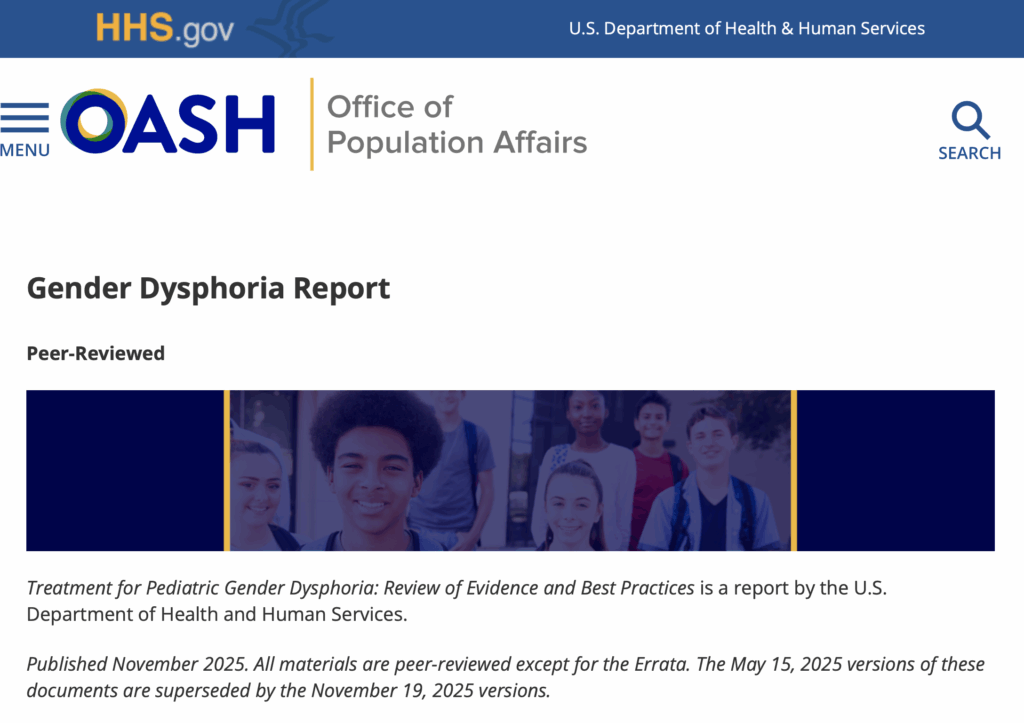North Carolina’s school choice program, Opportunity Scholarships, will face scrutiny from the state’s Supreme Court following a battle between the state and education organizations.
In the first challenge by the North Carolina Association of Educators in late August 2013, Superior Court Judge Robert Hobgood ruled the law violated the North Carolina Constitution. The ruling halted distribution of funds already awarded to thousands of students who had just begun the 2013-2014 school year.
Terry Stoops, Ph.D., director of research and education policy studies at the John Locke Foundation, explained, “The plaintiffs in the case represent some of the most powerful and well-funded education advocacy organizations in North Carolina, and they will do everything in their power to put an end to North Carolina’s small voucher program for low-income children. Why? They oppose the voucher program because the public school monopoly that they represent—and all of the money and power that comes with it—is at risk.”
Judge Hobgood’s ruling was challenged by N.C. Attorney General Roy Cooper, who asked the Appeals Court for an emergency release of the funds to the students to whom scholarships were already granted. The Appeals Court obliged, but grants awarded after Hobgood’s ruling would not be distributed.
Fighting for Educational Equity
The Opportunity Scholarships program was funded with $10 million for up to 2,400 students for a maximum of $4,200 each. Those who oppose the law argue this money will be used in schools that can discriminate in their admissions because they are private and don’t have the accountability or standards of traditional public schools. Supporters note the scholarships allow parents in poorer neighborhoods to pay a little bit more for private school (as opposed to the whole cost without the subsidy) and thus have more choice in the quality of education for their children.
“Wealthy parents can afford to pay private school tuition or buy a residence in an area with good schools. Low- and middle-income parents do not have those same opportunities unless the state provides a taxpayer-funded voucher, education savings account, or tax credit,” Stoops said.
In a news release, North Carolina Rep. Paul Stam (R-[District 37), one of the law’s original sponsors, said he is confident the program will remain in place and be allowed to expand, “allowing more parents to send their children to the school of their choice.” The North Carolina State Constitution does not have an Establishment Clause or a “compelled support” clause (Blaine Amendment) as some other states do, where government is not allowed to support sectarian organizations. North Carolina funds many private schools (K-12 and universities) and funded them even before the Opportunity Scholarships program began.
Seen As a Win for Now
Parents for Educational Freedom in North Carolina, an advocacy group for school choice, took the Appeals Court’s judgment that released the funds previously stopped by Hobgood as a win for now. Darrell Allison, the president, said he looked at it as a “big relief.”
The North Carolina Association of Educators also expressed happiness with the decision, but for a different reason. “We are pleased that the Court will not allow future taxpayer money to be used to fund private education while appeal of the case is pending,” Rodney Ellis, president of the NCAE, stated in a press release.
Charter schools in North Carolina are some of the best schools in the state, according to Schooldigger.com. School director Lori Roy of the Cape Fear Center for Inquiry attributes the high rankings for her school as being due to flexibility not allowed in traditional public schools.
“I would just love to see counties and charter schools start working together, instead of this us-versus-them mentality,” Roy said.
The backlash against school choice by education associations has been fierce all across the country.
“Competition for student dollars forces laggards to improve or close,” which is one reason for the fight continuing, Stoops said.
The North Carolina Supreme Court is expediting its appeals schedule and will make a final judgment in the coming months.
Alexander Anton ([email protected] writes from Palatine, Illinois.
Image by mnfoundations.



